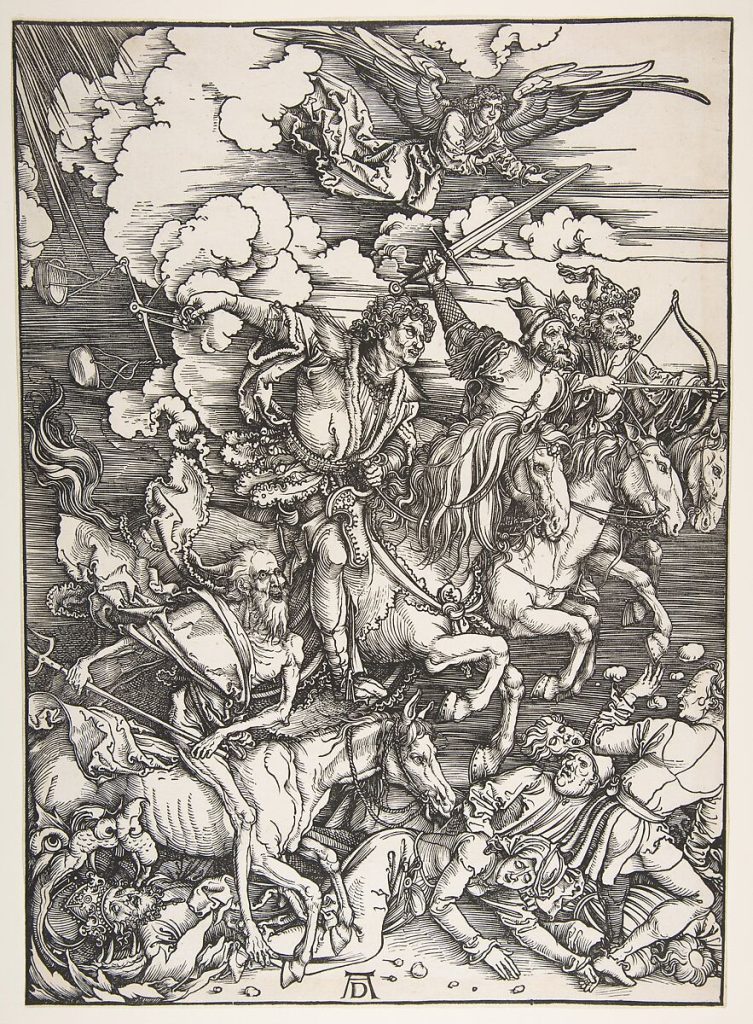Shabbat Vayikra Shalom

by Phyllis Chesler
I just attended my weekly parsha class with Reb Benjamin Skydell which focused on Vayikra Chapter 4 1-12. I found the sources cited unbearably, eerily, timely, as if G-d is with us, every step of the way, guiding us no matter where we are in history. I do not use the Torah as if it were the I Ching—open to any page and you’ll find advice just meant for you. And yet, I often find just such guidance in Torah discussions—personal, political, metaphysical, always a verse or a point that, however dry, however at a remove, explains something important.
For example, “when a person unwittingly incurs guilt about..things not to be done and does one of them”—even the Kohen Ha Gadol is not above this law. “If it is the anointed priest who has incurred guilt, so that blame falls upon the people, he shall offer for the sin of which he is guilty a bull…without blemish as a sin offering.” But why are the people also guilty? According to the Rashbam, Rashi, and Seforno, the Kohen HaGadol has ruled in such a way that the people have been led to sin.
The leader has mis-advised the people and/or the people deserve, and have chosen, just such a leader; they are all in error together. The leader/halachic advisor who has caused the people to sin must bring a sin offering which must be totally burned. No one can “derive the slightest benefit from it.” (Seforno).
I dare not apply this insight to anything going on today, certainly not to what’s happening in Israel or, for that matter, anywhere else on earth—and yet, possibly, apply it does. Two years ago, I wrote something very different about this parsha.
“The scales of justice are in motion, uneven, our world is out of balance; the four horsemen are at full gallop, the outcome remains unclear. Horrified, nightly, we all view footage of the atrocities—but remain unable, perhaps unwilling, to do anything. Oh, where can we go to admit our sins, both those of omission and commission?
5.1 If a person sins (“V’nefesh te hatah”), and heard an oath demanding his testimony in a case where he is a witness; if he either saw or knew (something relevant), and if he does not testify (“Eem lo yagid”), he will bear the burden of his iniquity (“v’yasah evono”).
What secular priest can absolve us now? Can a psychiatrist or psychoanalyst really take the place of the Kohen Ha-Gadol? Can a judge or even a criminal tribunal? If not, where may we confess and atone for our terrible inability to stop evil? We are witnesses, we are seeing what’s happening in real time. Where and when will we be able to testify? The Rasha will not stop. Like Amalek, he will have to be stopped.”
These are dark thoughts; well, we are still in Egypt but soon we will be saved.
Shabbat Vayikra Shalom.